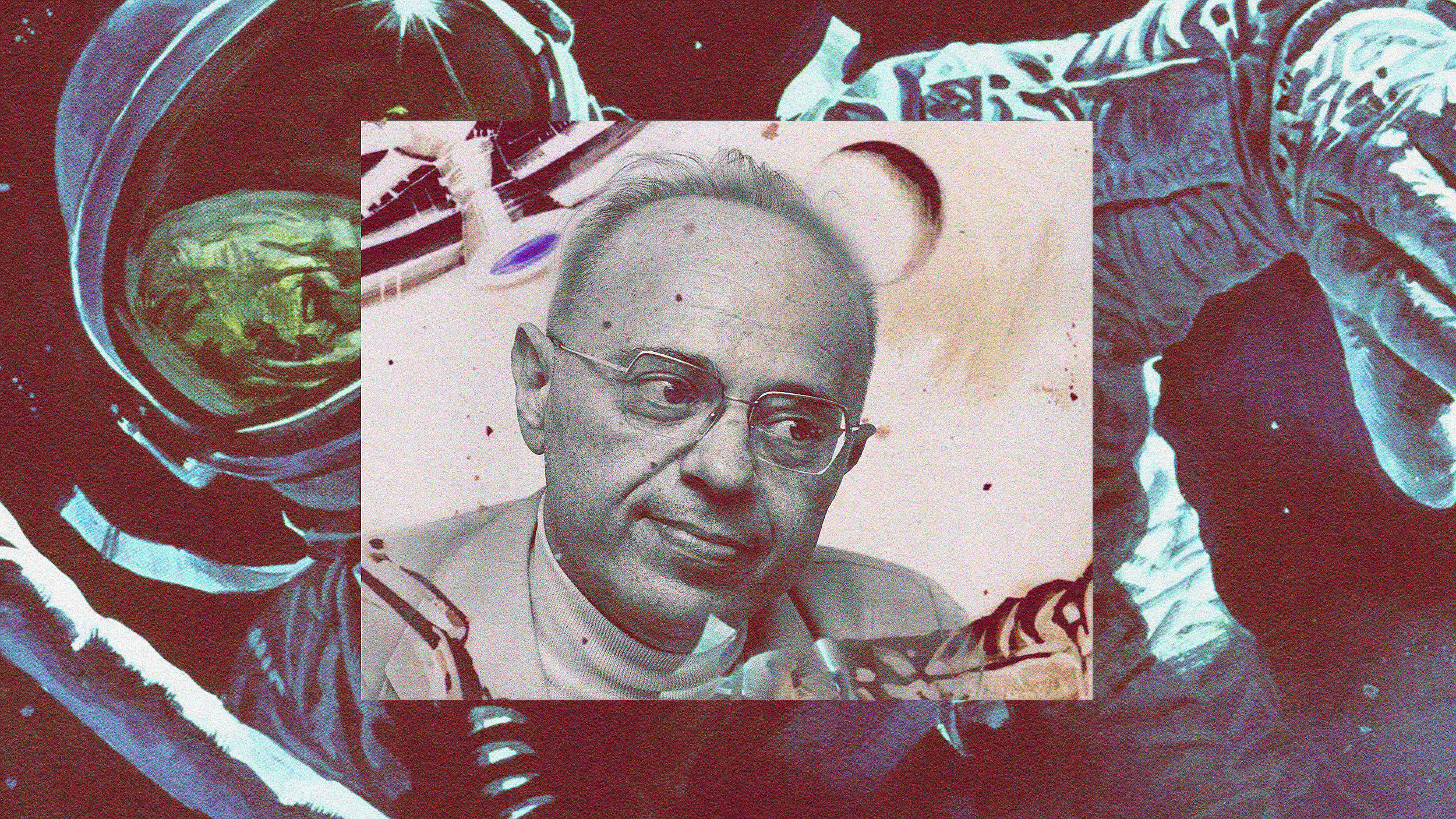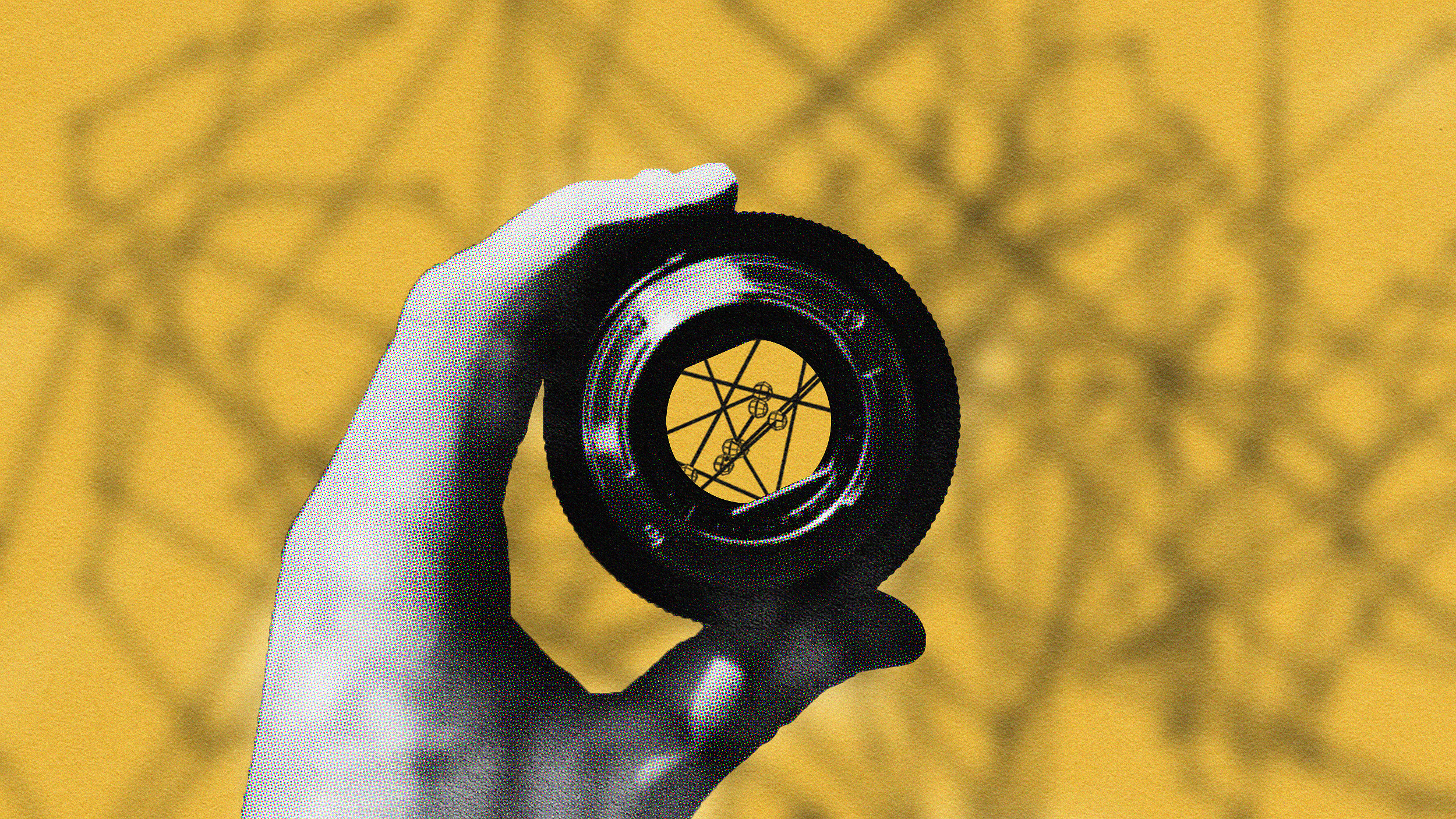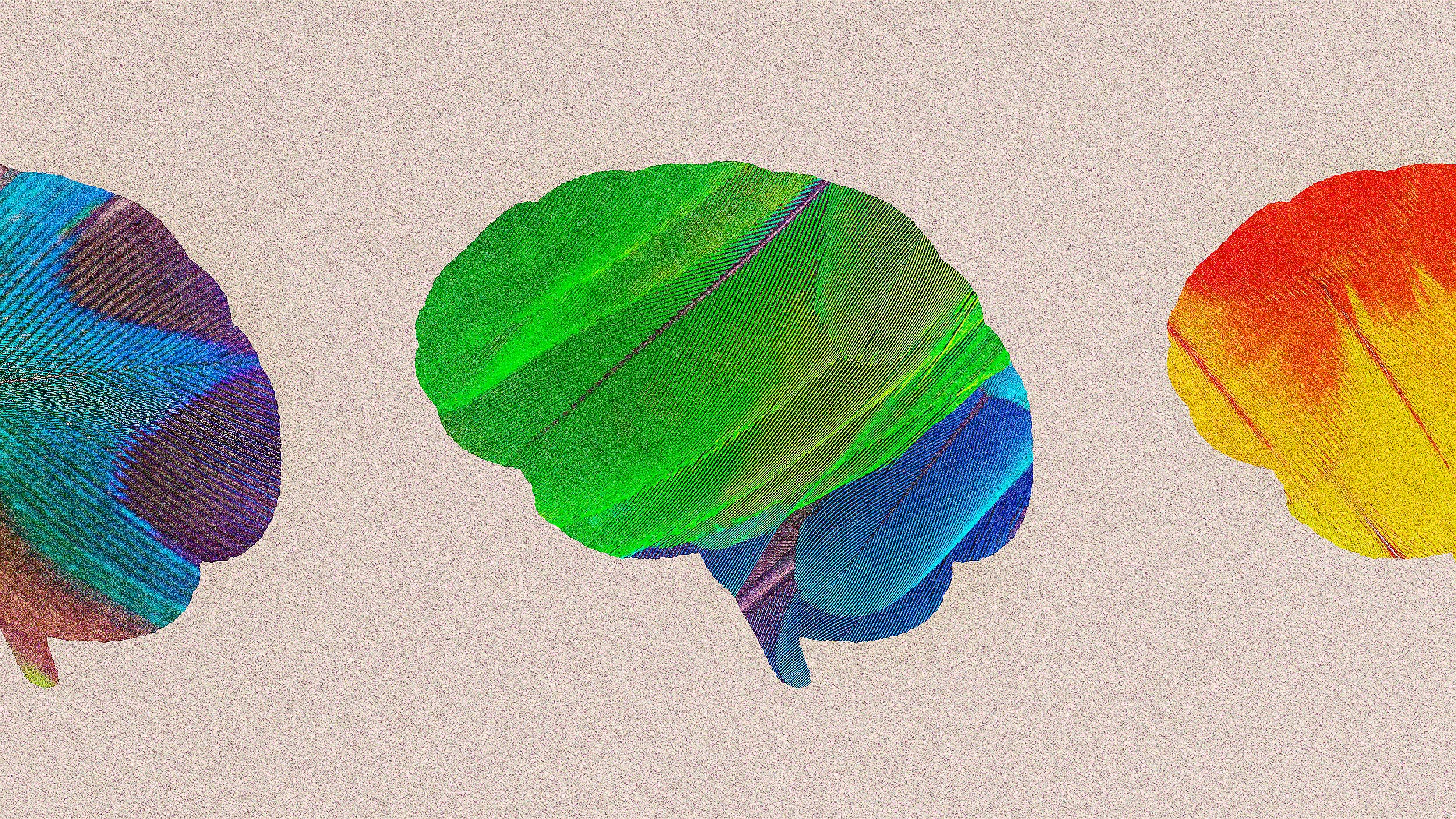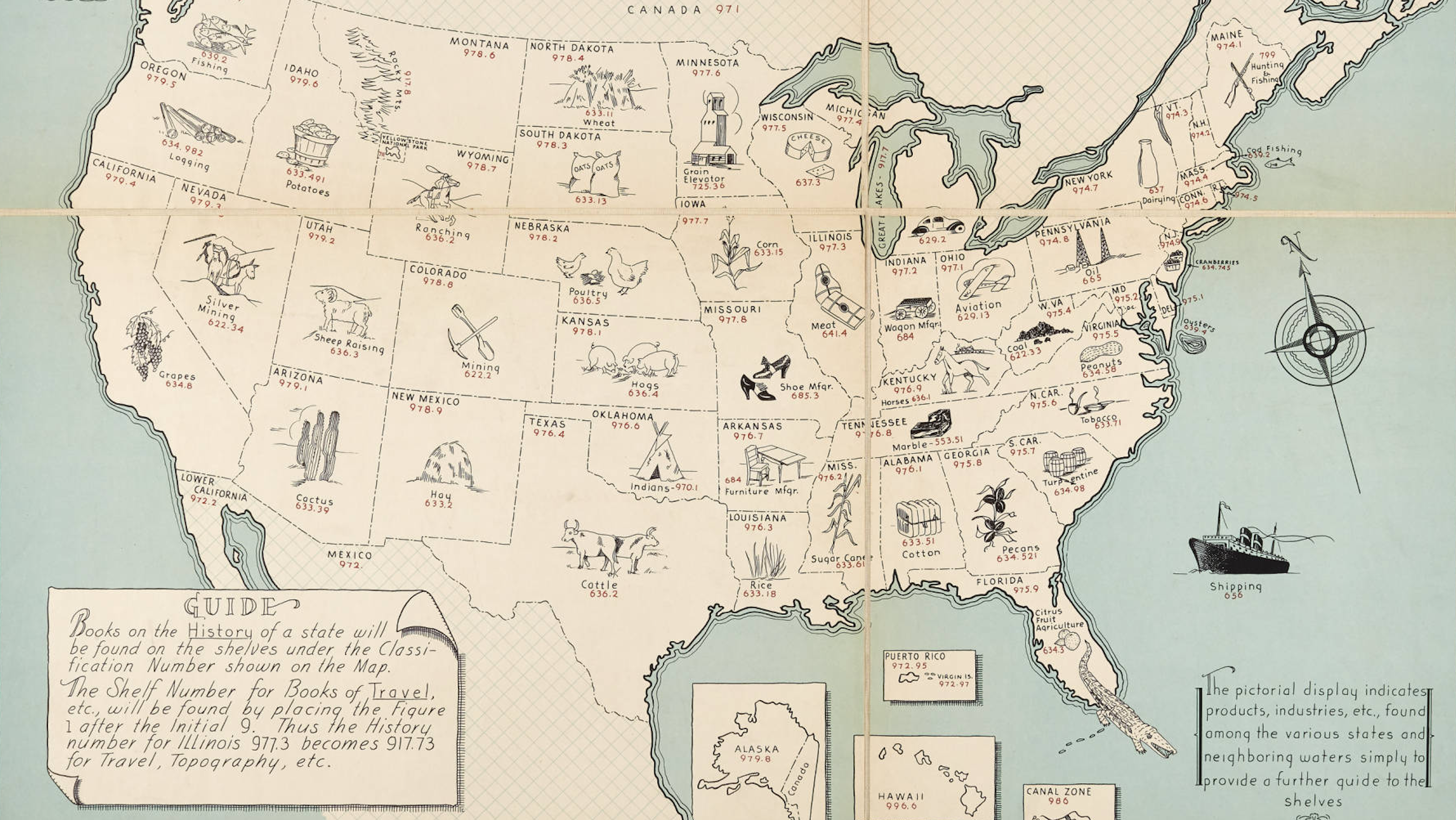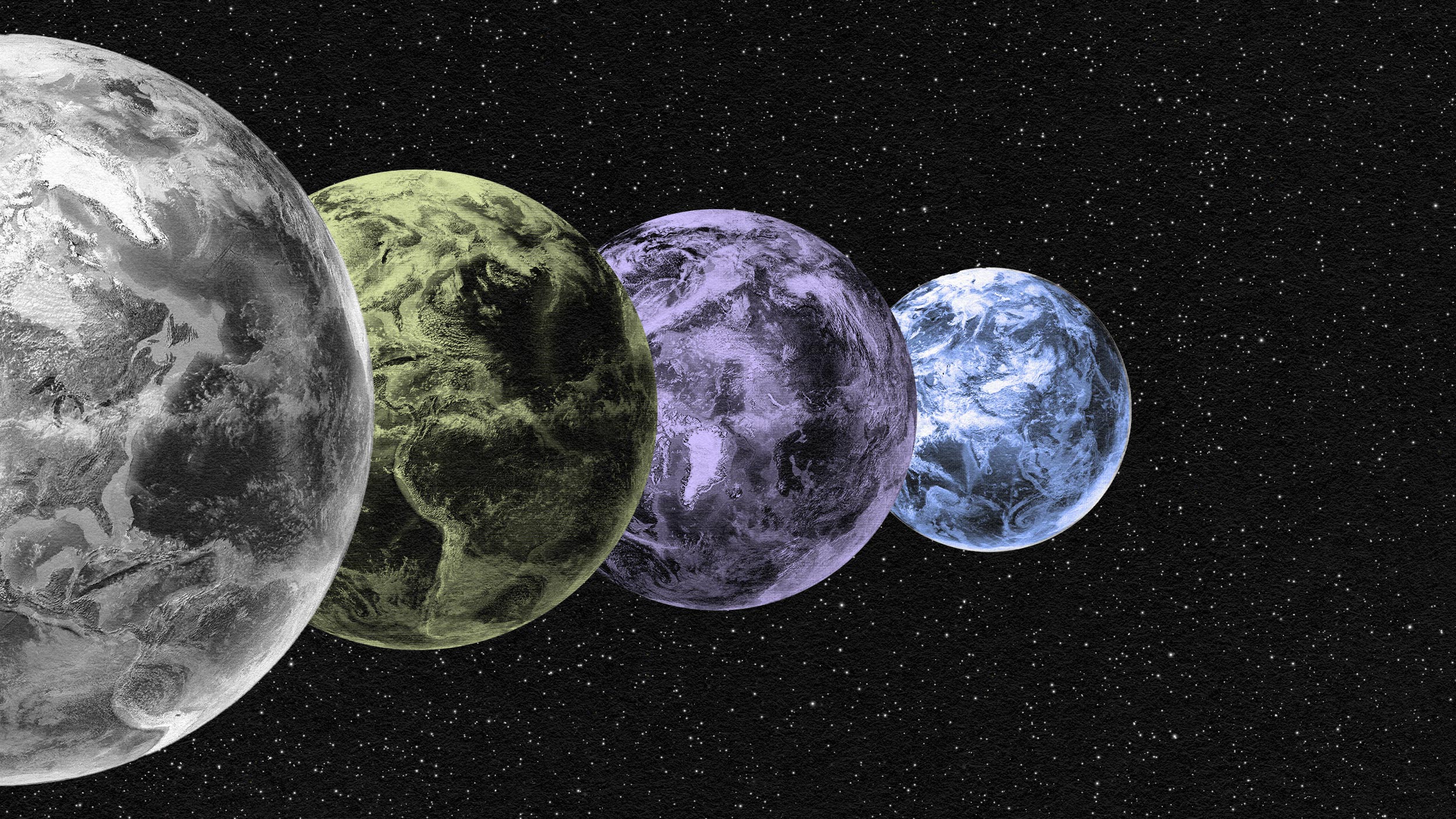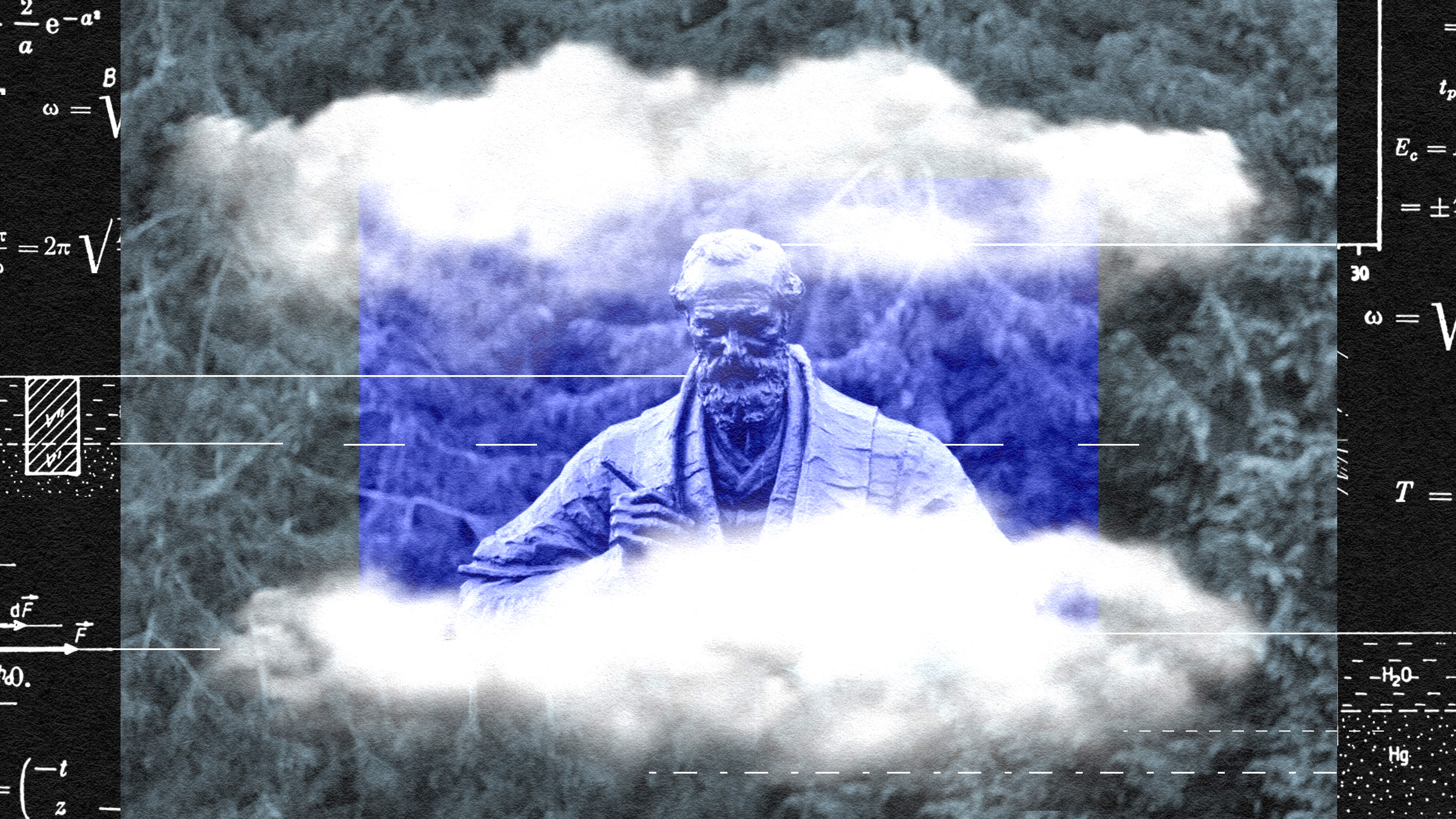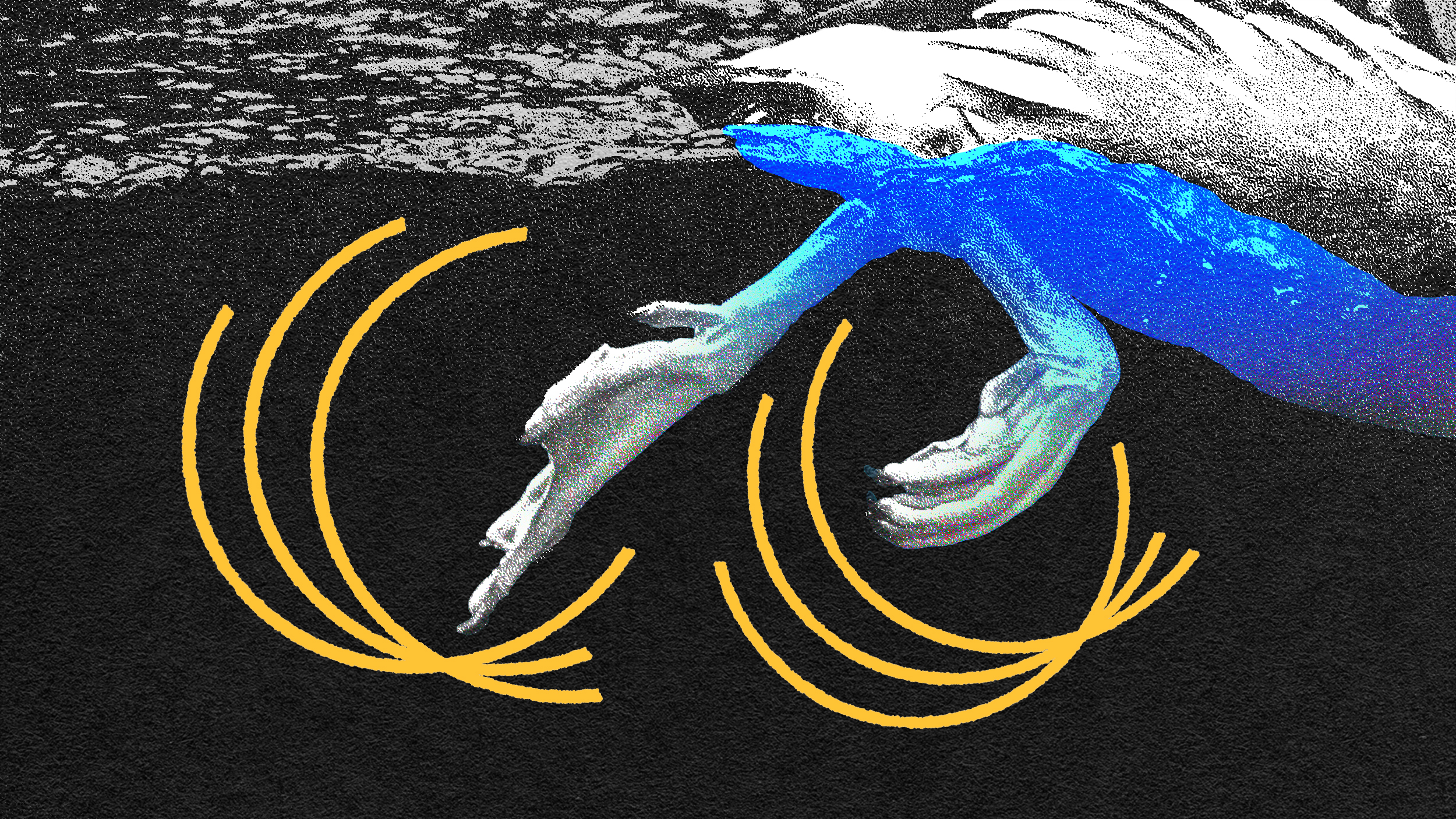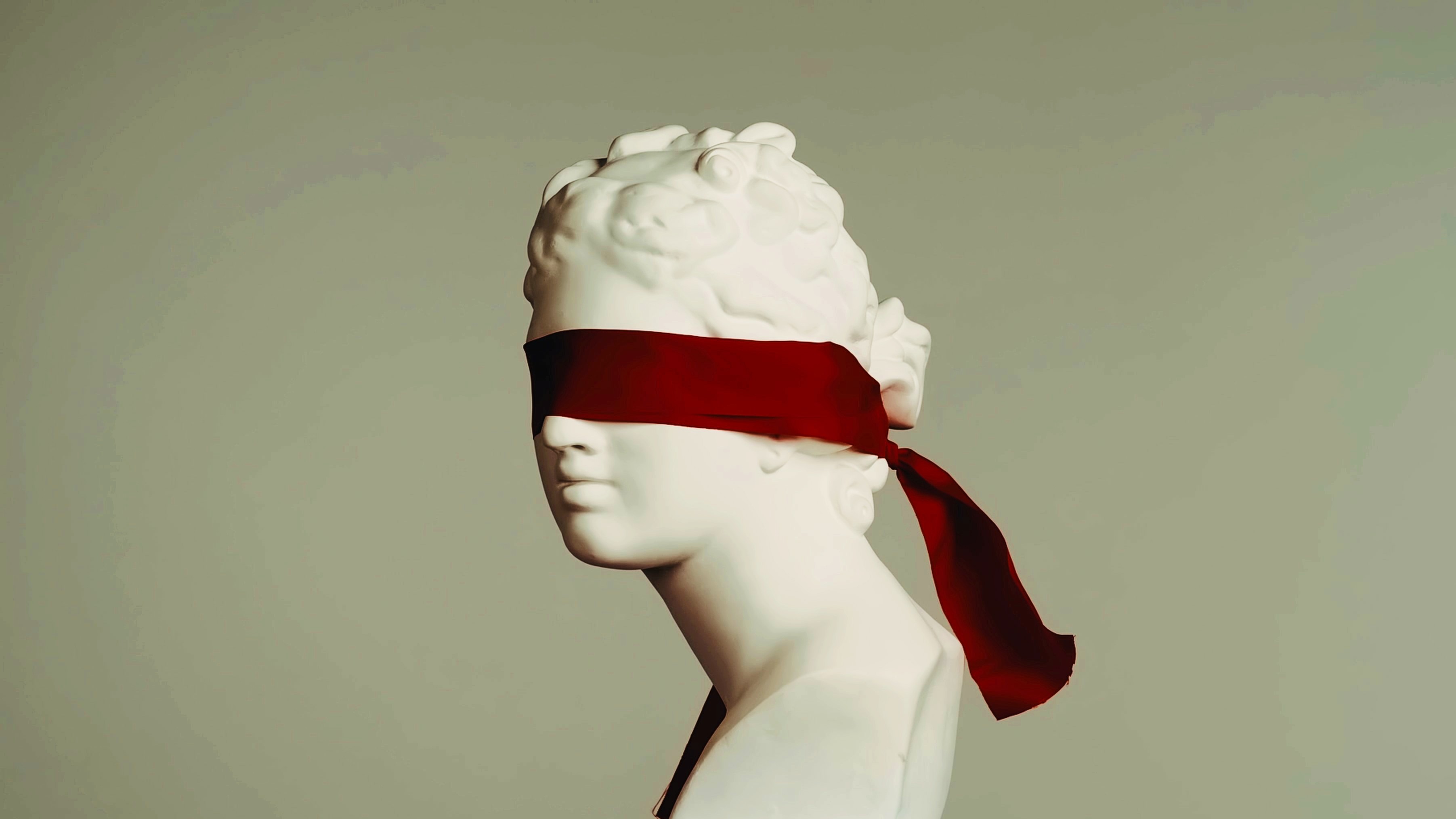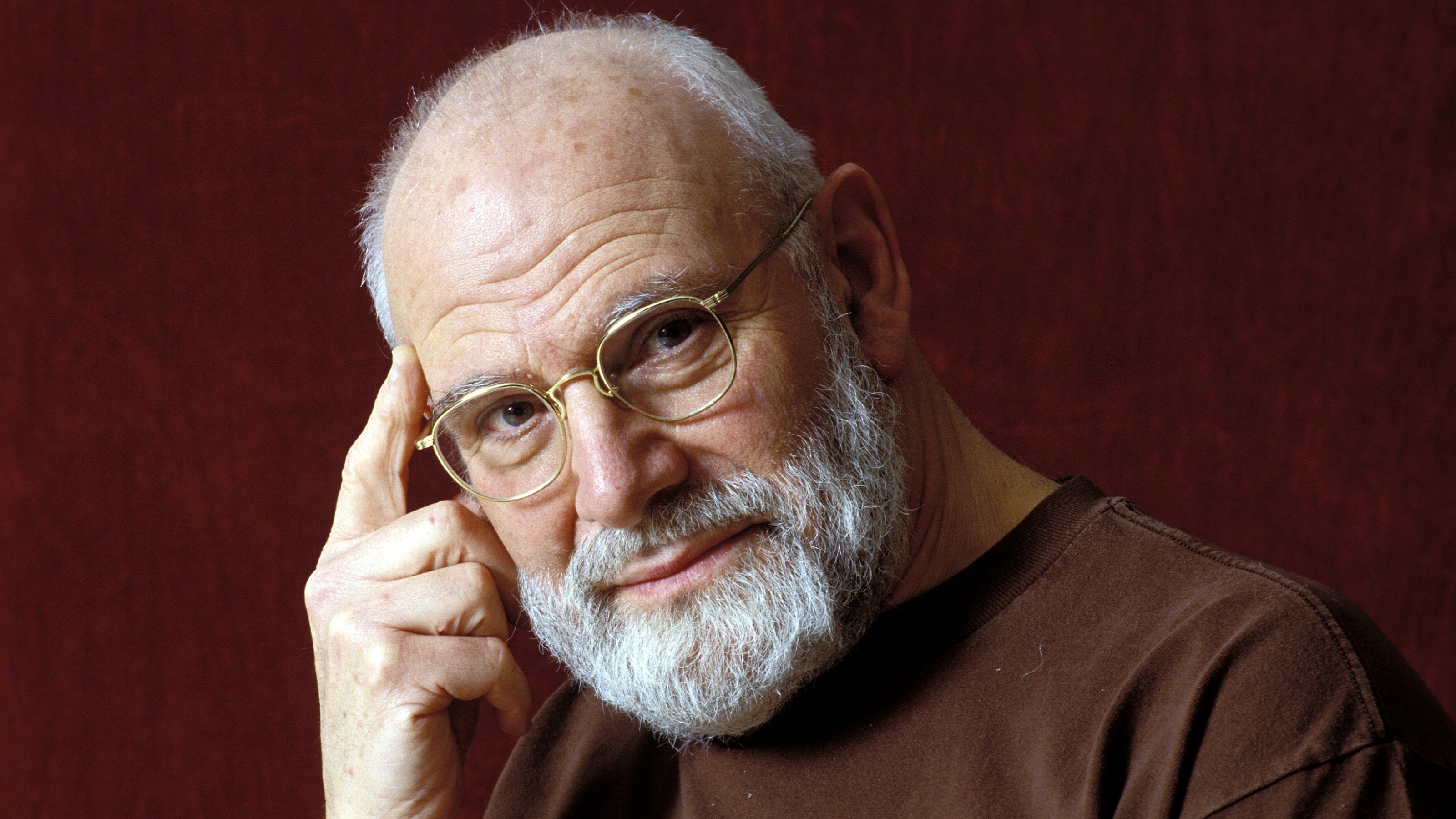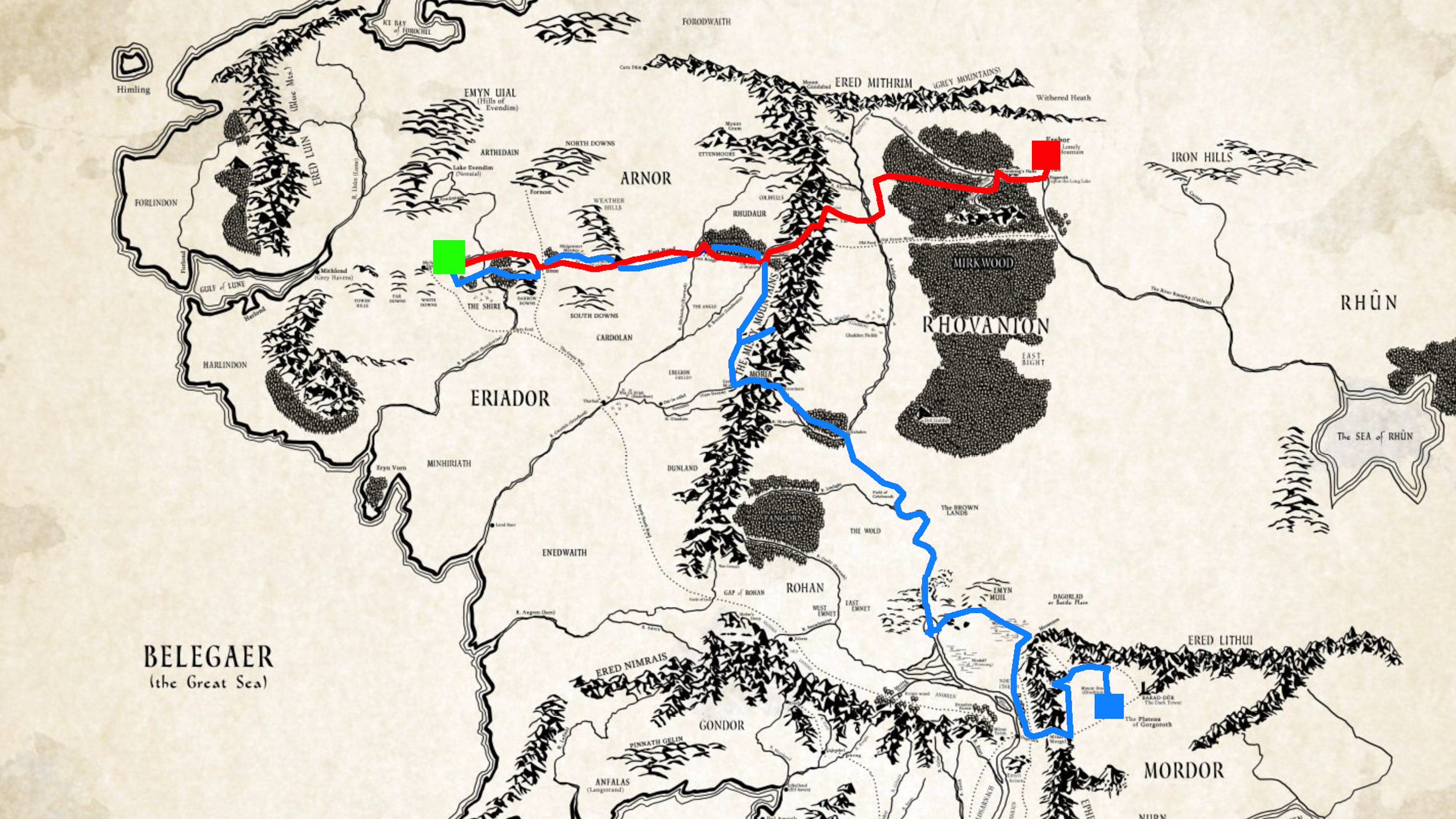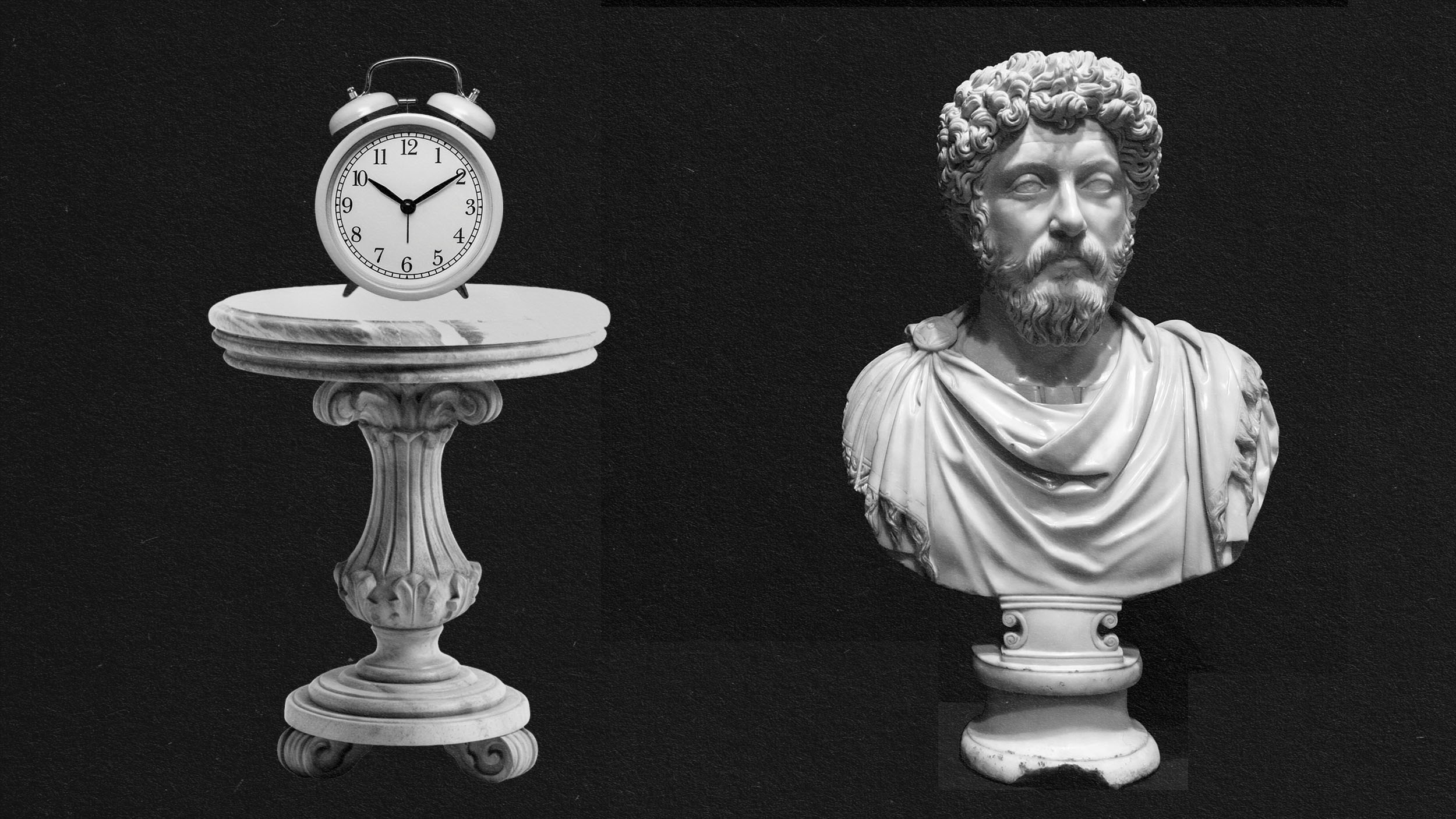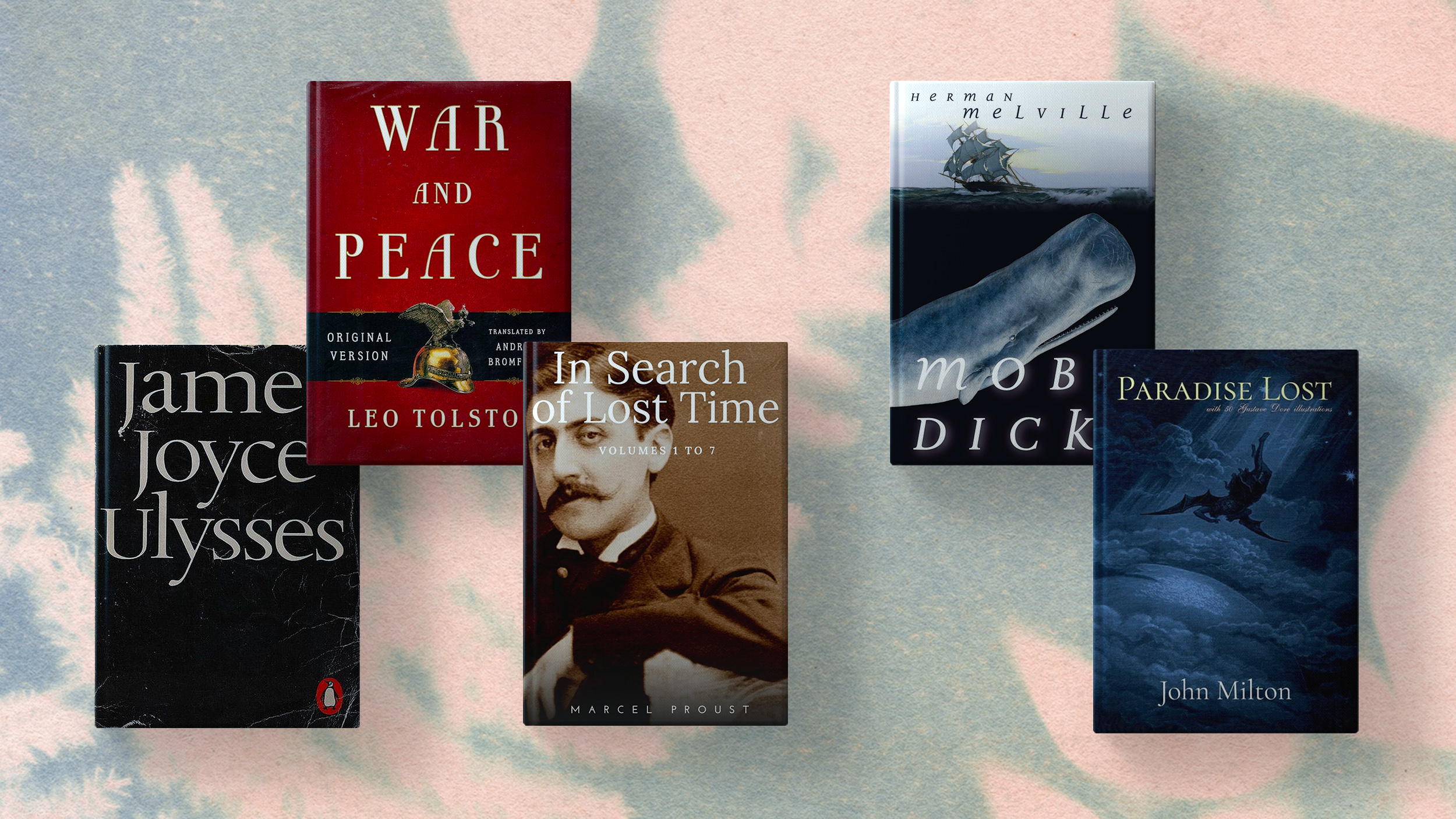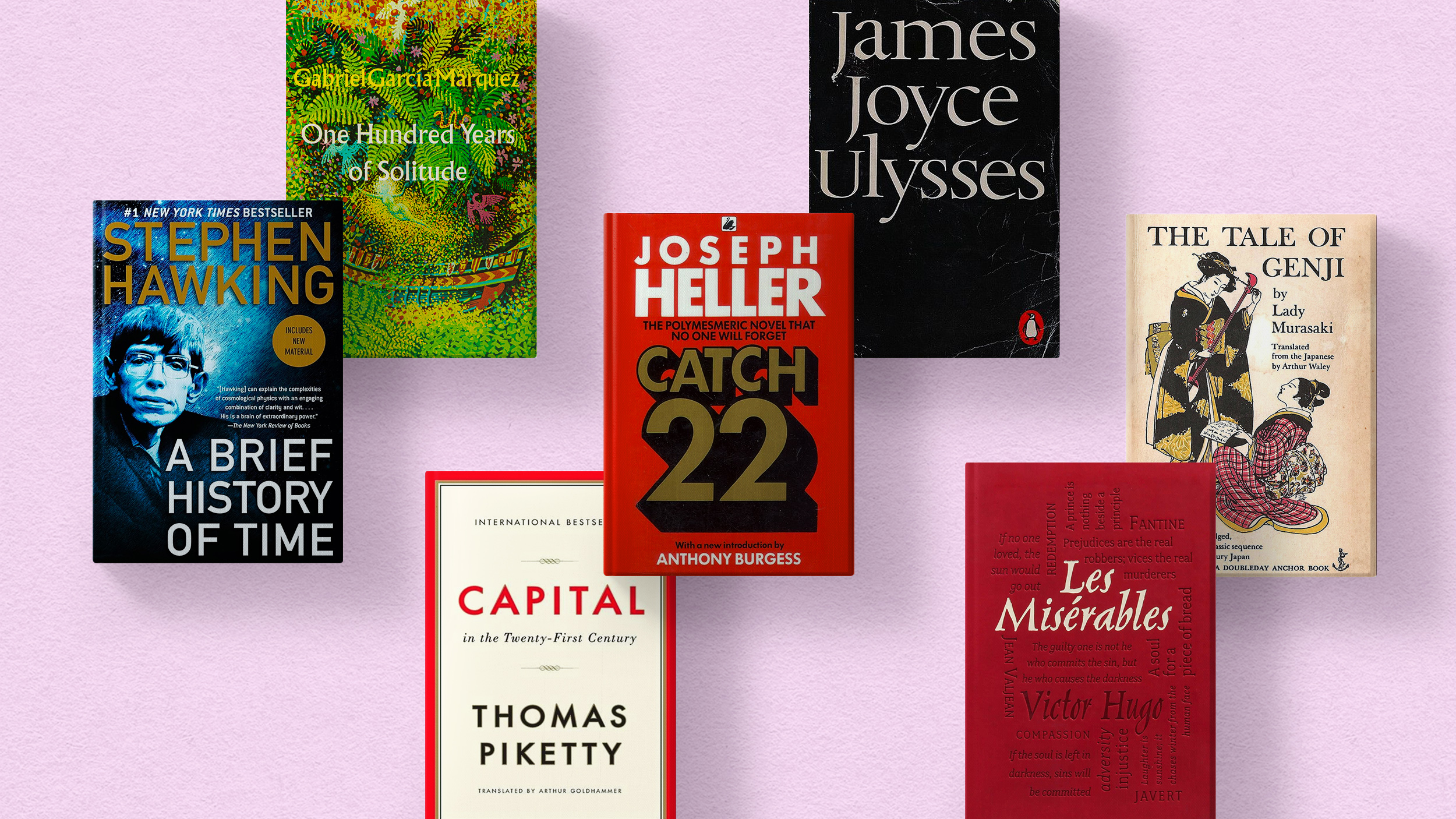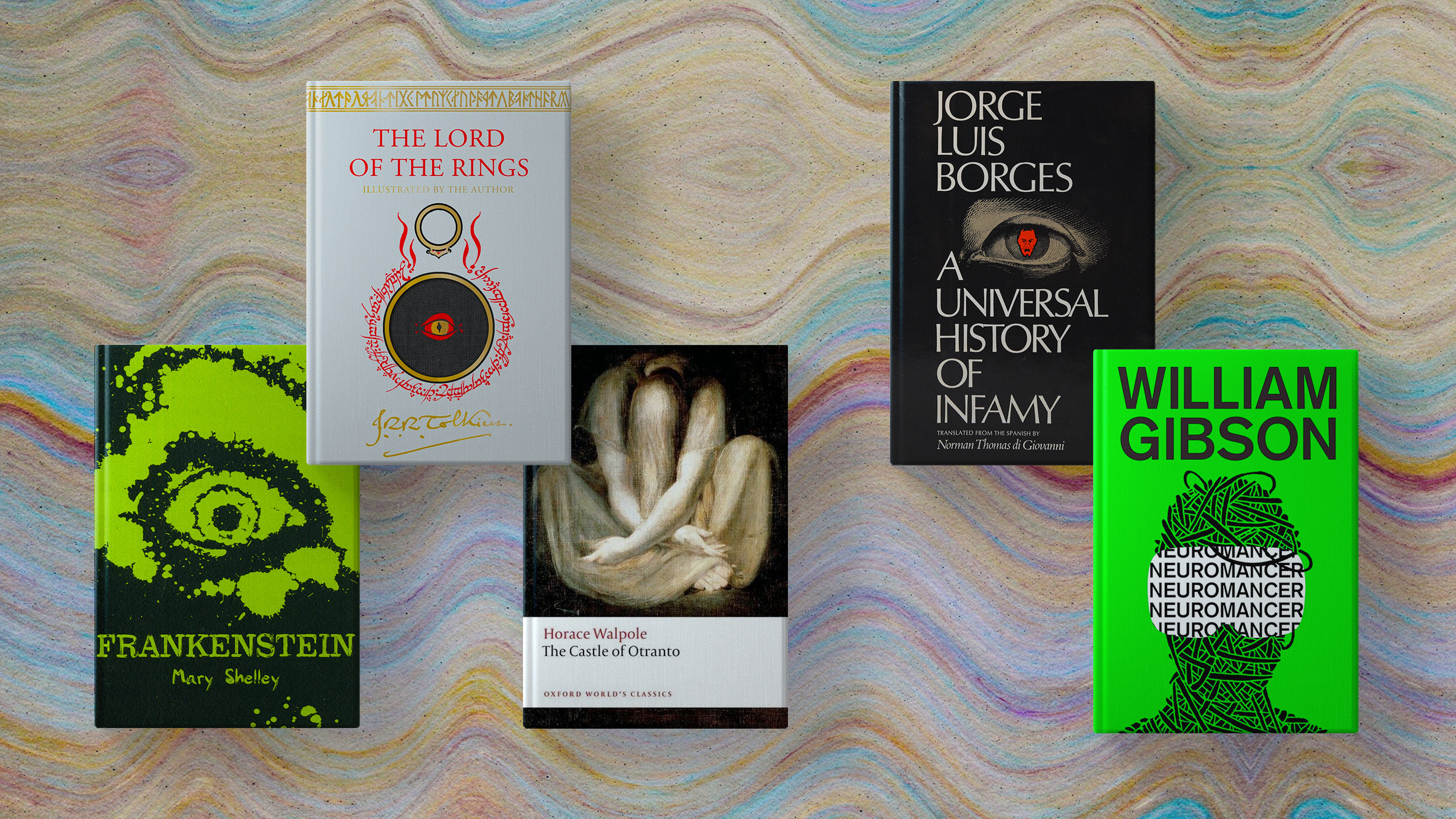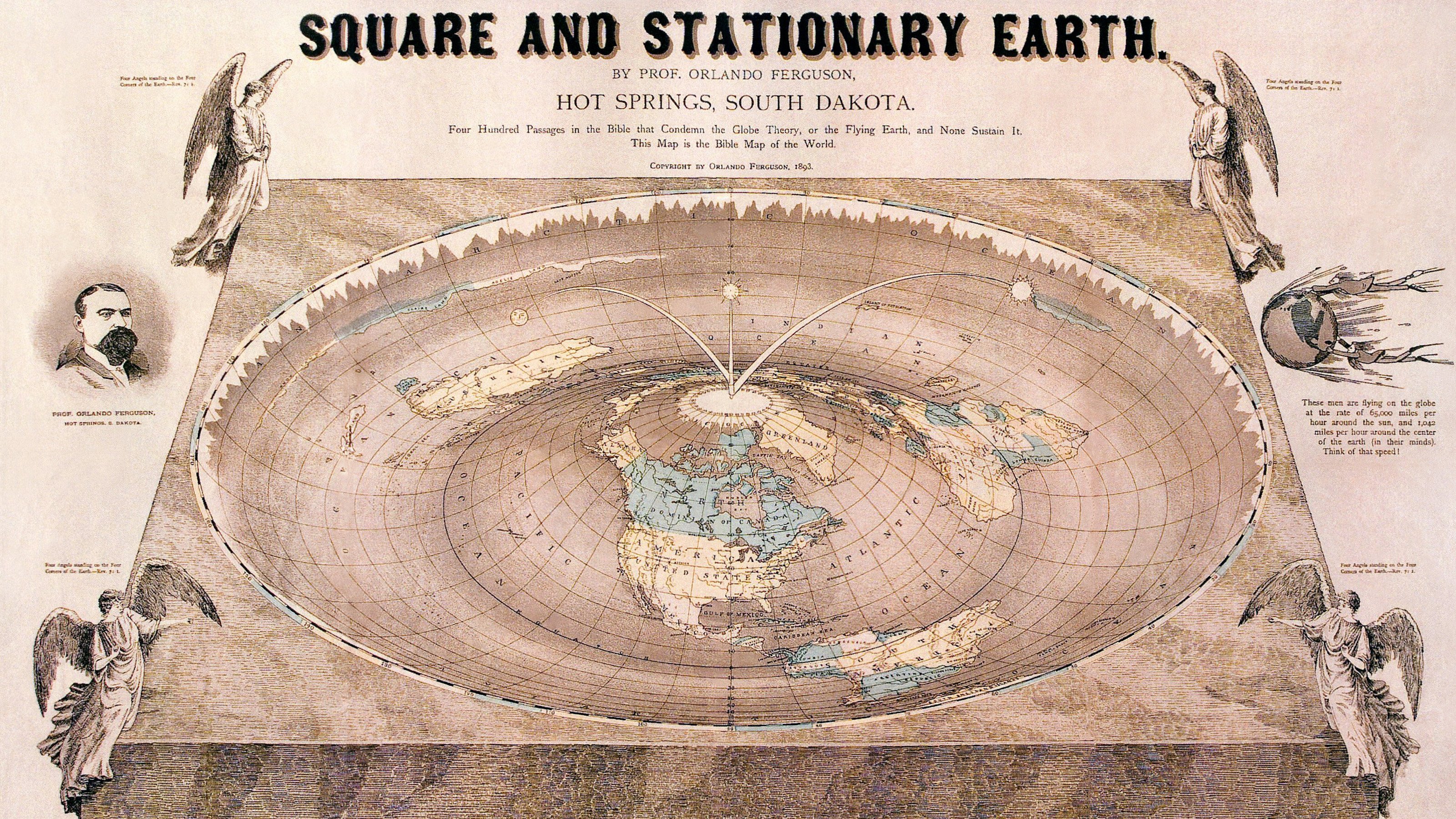books
You really can get by with a little help from your friends — if you also look beyond your personal to-do list.
Tough and cutthroat leaders are celebrated in a results-driven culture — but there is another path to C-suite success.
Six visionary science fiction authors on the social impact of their work.
It’s not enough just to stay current and competitive with AI — you’ll also need to build a long-term strategy.
“Dune: Part One” screenwriter Eric Roth spoke with Big Think about the challenges of bringing Frank Herbert’s sci-fi epic to the big screen.
Step back from the AI maelstrom and explore Lem’s “Summa Technologiae” for a detached look at technology’s role in human evolution.
What the breakthrough methods of laboratory research can teach the business world about brainstorming.
The transformational change driven by AI will elevate neurodiversity inclusion as an organizational asset, argues Maureen Dunne.
This map samples some of the digits that make up the DDC system, invented by the brilliant but flawed Melvil Dewey.
From before the Big Bang to Voyager 1, particle physicist Harry Cliff takes us on a whiz-bang tour of the Universe’s evolution.
Some physicists are besot with the multiverse, but if we can’t detect these other universes, how seriously should we take them?
Lord Kelvin is thought to have said there was nothing new to discover in physics. His real view was the opposite.
Ethan Mollick, associate professor at the Wharton School, explains why we have to crack the machine-buddy problem.
The truth may be out there — but it’s not in these close encounters of the third kind.
When we view hard work as a sign of low aptitude, it harms our ability to learn and grow.
Here’s the case for why science can’t keep ignoring human experience.
To make a ton of information stick in your mind, you have to make it chunky.
It may seem as though top performers are always on, but the secret to their success is taking the time to recharge.
Five times in U.S. history, American presidential candidates have ascended to leadership despite lacking the popular vote. Here’s how.
In “Dear Oliver,” neuroscientist Susan Barry describes how her 10-year correspondence with Oliver Sacks unleashed her inner author.
Cognitive psychologist and poet Keith Holyoak explores whether artificial intelligence could ever achieve poetic authenticity.
Fantasy, meet statistics: The census comes to Middle-earth!
Like many of us, the Roman emperor Marcus Aurelius hated waking up early, but his stoic philosophy always helped him get out of bed.
How to say, “In many ways, Proust is similar to Joyce” and get away with it.
These hard-to-finish books are still worth the effort.
With great power comes retcon responsibility.
From “The Castle of Otranto” to “The Lord of the Rings” trilogy, these books changed the literary landscape.
Narnia and early Middle-earth were pancake-esque — but their creators took differing views on de-globalization.
Today, the F-word is enjoying a renaissance the likes of which it hasn’t seen since, well, the Renaissance.
The evidence that pollution causes cancer is weak. Lifestyle factors, like smoking, obesity, and alcohol, matter far more.





